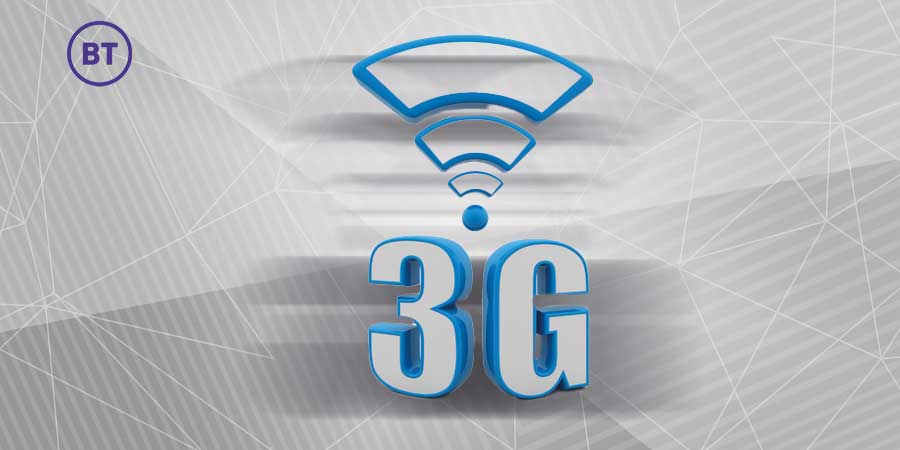British telecommunications company BT Group has announced the completion of its final 3G mobile site shutdown, signaling the end of 3G technology in the United Kingdom's EE Mobile network.
The telco completed the switch-off last week in Belfast, becoming the country's first operator to retire the legacy network.
The operator introduced the service more than 20 years ago, but as of last year, only 0.5% of its total network traffic was based on 3G.
BT Group's chief networks officer, Greg McCall, reportedly confirmed in August that the service would be decommissioned in early 2024.
McCall recently announced that the telco will now focus on its existing 4G and 5G networks, as well as its 2G network.
"Belfast cemented itself as part of BT Group’s rich history last week as the location where we switched off our final 3G mobile site, bringing an end to the use of the technology in our EE mobile network after more than 20 years," he said.
"Having spent 2023 phasing out customer reliance on 3G and completing a detailed pilot switch-off in Warrington, we were able to confidently start the nationwide 3G switch-off as planned in early January."
Vodafone has also begun the 3G switch-off, and Virgin Media O2 intends to retire its network by 2025.
Why 3G is Becoming Redundant in the UK
3G technology operates on a relatively narrow band of frequencies compared to its successors like 4G and 5G. This limitation in spectrum efficiency results in slower data speeds and reduced capacity for handling the increasing demand for mobile data.
With the proliferation of smartphones and other data-hungry devices, there has been a surge in data consumption among consumers. 3G networks struggle to keep up with this demand due to their inherent limitations in data throughput and capacity.
As technology advances, older generations of networks become obsolete in terms of both hardware and software. Maintaining and upgrading 3G infrastructure can be costly and inefficient compared to investing in more modern technologies like 4G and 5G, which offer superior performance and capabilities.
Telcos like BT Group are shifting their focus towards expanding and enhancing 4G and 5G networks to meet the growing demands of consumers and businesses. These newer technologies offer faster data speeds, lower latency, and support for emerging applications such as the Internet of Things (IoT) and augmented reality.




